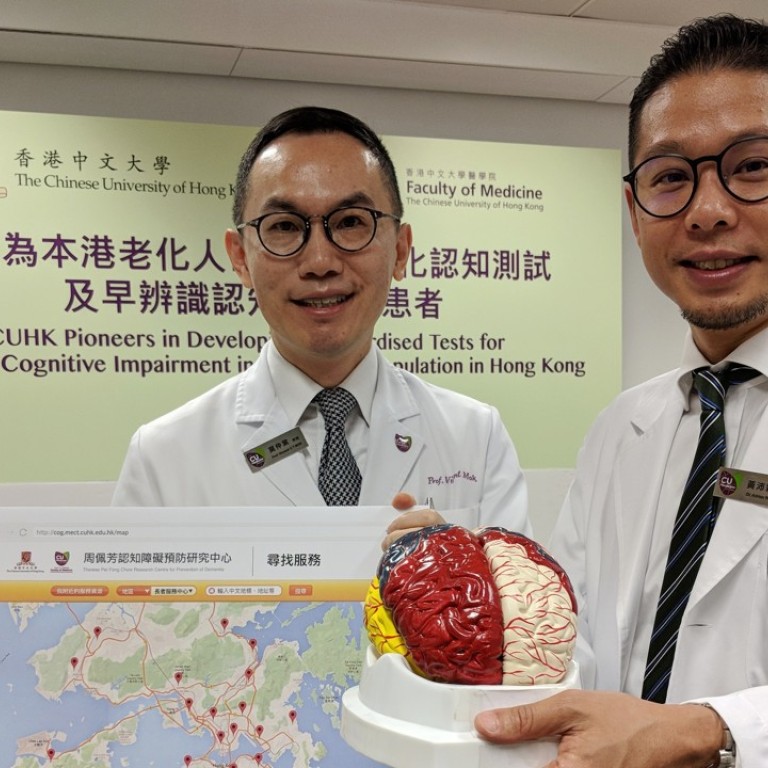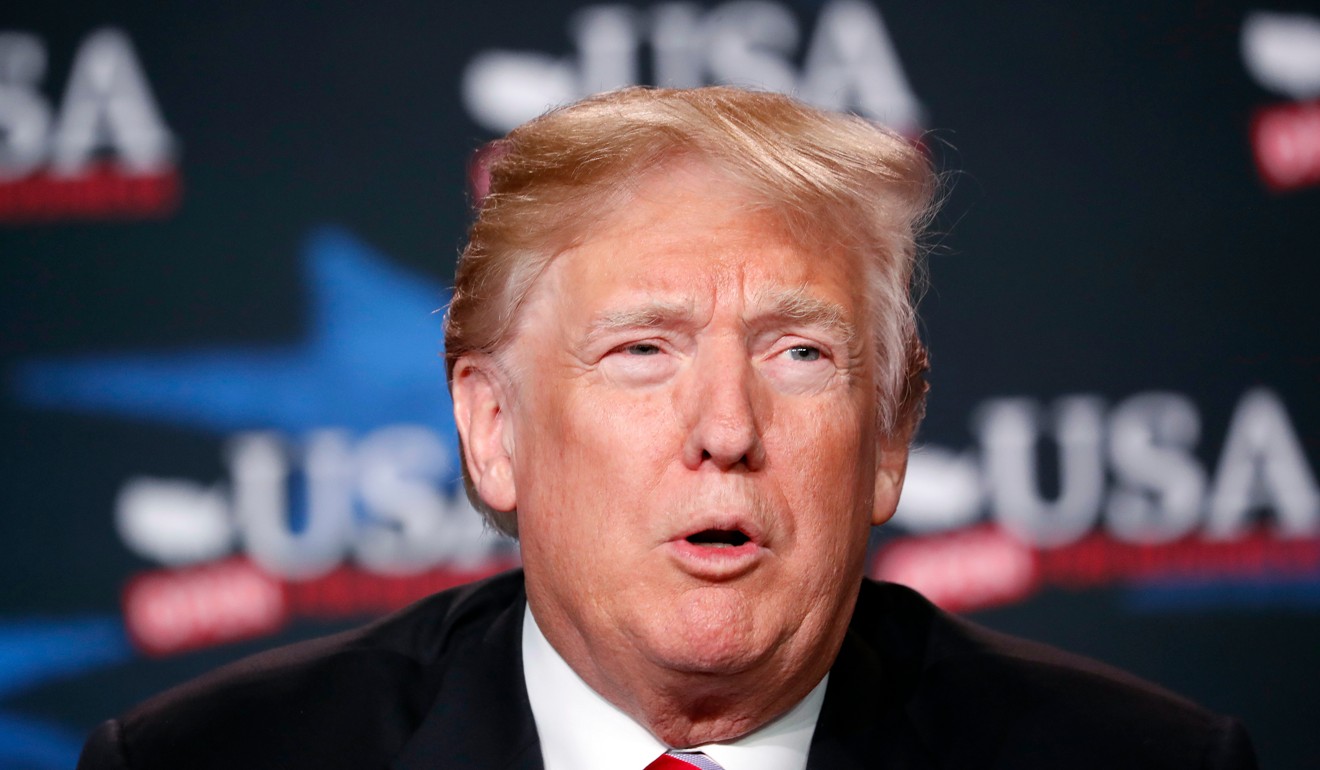
Dementia test made famous by Donald Trump now just a phone call away in Hong Kong
Researchers from Chinese University of Hong Kong create a truncated version of the Montreal Cognitive Assessment, which they hope will lead to early detection
A five-minute mental health test developed by a Hong Kong university that can be administered over the phone has been hailed as an important step in catching dementia in its early stages.
As Hong Kong faces an ageing population boom – the number of people aged 65 or older is expected to double to 2.37 million in two decades – early detection of dementia, which has no cure, is crucial to treatment.
The test, Montreal Cognitive Assessment (MoCA), caught international attention after US President Donald Trump scored full marks in January after his mental state was questioned by US legislators.
The ‘dementia tsunami’ and why Hong Kong isn’t ready to cope
Dementia describes a decline in memory and other mental skills. The most common type is Alzheimer’s disease, a life-limiting illness marked by a gradual deterioration in one’s mental capacities including memory, judgment and the ability to communicate.
MoCA was first published in English in 2005, and was localised into Chinese for the Hong Kong population in 2009 by researchers from Chinese University of Hong Kong’s Faculty of Medicine.

It involves verbal and written tests, which examine seven cognitive functions, including spatial relationship skills, naming, memory, attention, language, abstraction and orientation.
Out of 30 marks, a person is considered to have normal cognitive function if the score if 26 or above.
According to researchers, the full test takes 12 to 15 minutes to complete.
The CUHK team took it a step further by developing a five-minute protocol that can be administered over the phone. The Hospital Authority, which oversees the city’s public hospitals, endorsed the shortened test late last year, which is now being used at public hospitals and clinics, alongside the full test.
How dementia is caused by mini strokes, how to detect it early and nine ways to reduce your risk
Dr Adrian Wong, a CUHK clinical psychologist who helped develop the quicker test, said it is just as effective as the full version.
“The statistical correlation between the five-minute and full version is very large,” Wong said.
Researchers also said the verbal test will benefit those without ability to draw, such as stroke patients.
Wong said elderly, or people 65 and older, who had shown persistent memory issues and other symptoms of cognitive impairment, may do the test, stressing that not every elderly person should do it.
Professor Vincent Mok Chung-tong, who heads the faculty’s Division of Neurology, said early detection is crucial to retaining patient’s cognitive functions.
“Early detection of cognitive decline enables timed intervention aimed to slow or prevent further cognitive deterioration,” Mok said.

The professor said the MoCA test had been used on more than a million people in Hong Kong.
As the test cannot be self-administered, the university had trained over 4,500 medical professionals and social workers professionals to use the tool.
While Trump had a perfect score on the full MoCA test, Wong said it only means that the US president has “normal” cognitive functions.
“It is not an IQ test,” he said.

